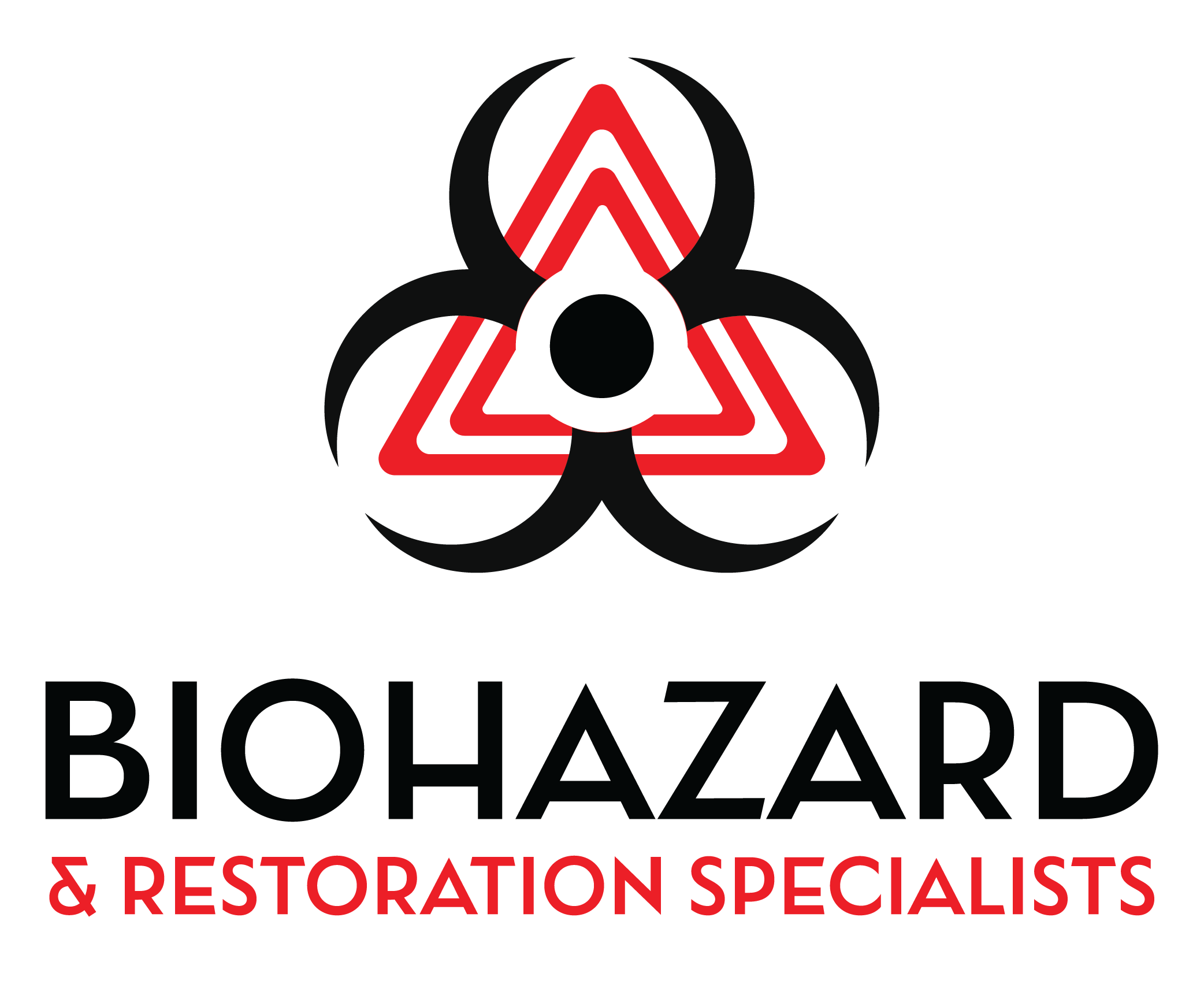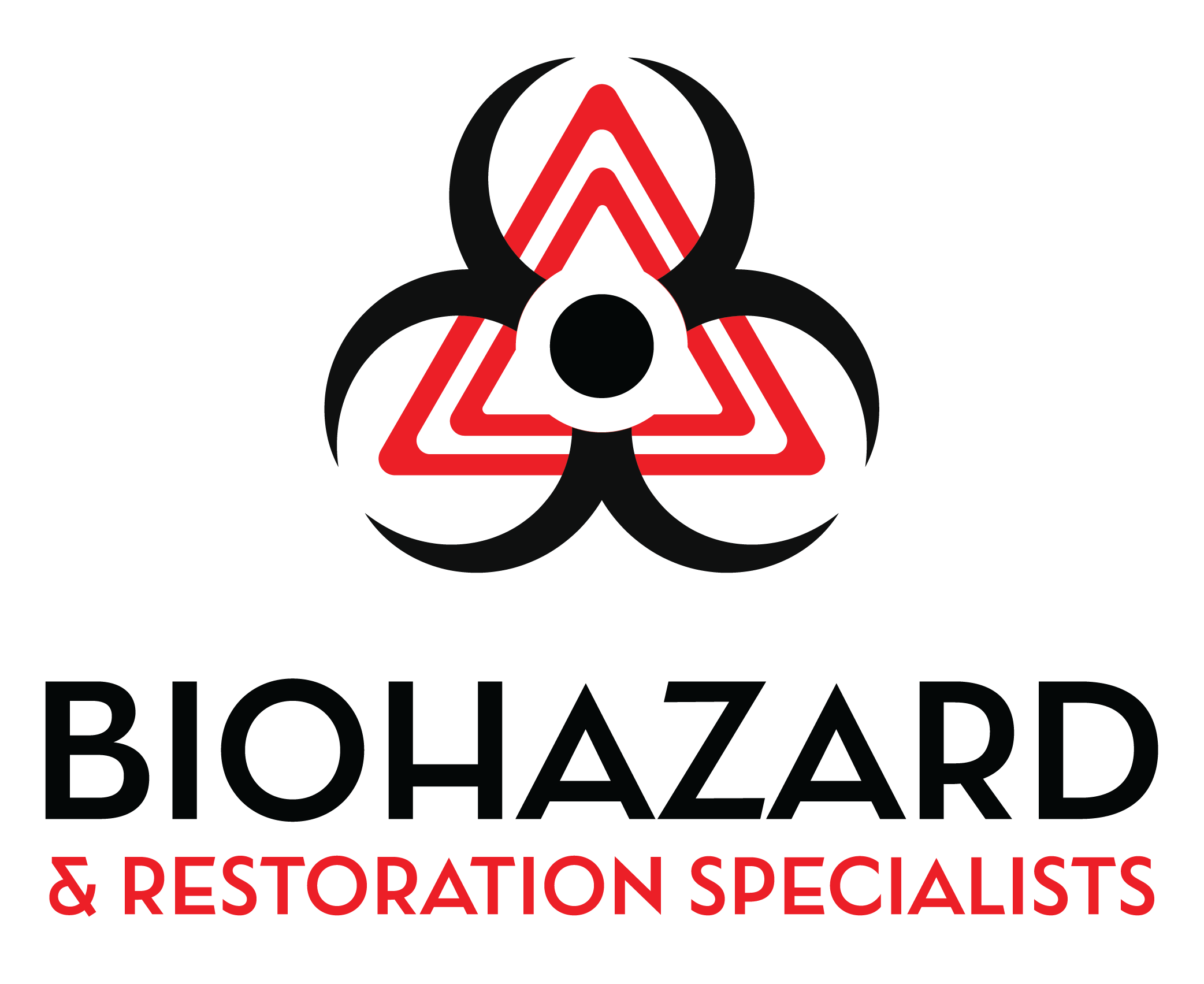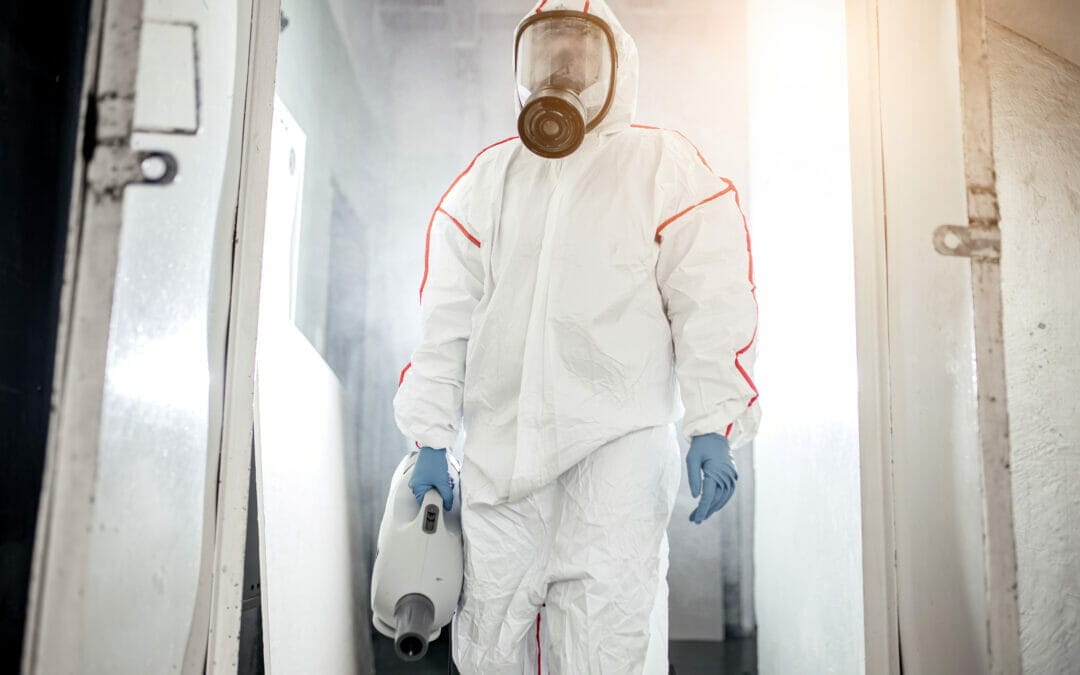When we experience the loss of a loved one, the aftermath can be overwhelming. The emotional turmoil that follows can be compounded by the practical realities that must be addressed. Grief often clouds our judgment, making it difficult to navigate the myriad of tasks that arise after a death.
We find ourselves grappling with not only our sorrow but also the responsibilities that come with it. The physical space left behind can serve as a constant reminder of our loss, and the need to address it can feel daunting. In addition to the emotional weight, there are often logistical challenges that we must confront.
Whether it’s sorting through belongings, managing financial affairs, or dealing with the deceased’s estate, the tasks can seem endless. Each item we touch may evoke memories, making it hard to focus on the practicalities at hand. Understanding that this is a common experience can help us feel less isolated in our grief.
We are not alone in facing these challenges; many have walked this path before us, and there are ways to navigate through the chaos.
Key Takeaways
- The aftermath of a death can be overwhelming and emotionally challenging for family and loved ones.
- Family and loved ones have the responsibility to ensure that the deceased’s belongings are taken care of and the property is cleaned and restored.
- Hiring professional cleaning services is crucial for safely and effectively cleaning up after a death, especially when dealing with biohazardous materials.
- Dealing with biohazardous materials requires proper training, equipment, and disposal methods to prevent health risks and contamination.
- Cleaning up after a death can have a significant emotional and psychological impact on those involved, and it’s important to seek support and counseling if needed.
Responsibilities of the family and loved ones
As family members and loved ones, we often find ourselves thrust into a position of responsibility following a death. This can include making funeral arrangements, notifying relatives and friends, and handling the deceased’s affairs. Each of these tasks carries its own weight, and we may feel pressure to fulfill them while still processing our grief.
The expectations placed upon us can be overwhelming, and it’s essential to recognize that it’s okay to seek help during this time. Moreover, we must also consider the emotional needs of those around us. In addition to our own grief, we may need to support others who are mourning.
This dual responsibility can lead to feelings of exhaustion and stress. It’s crucial for us to communicate openly with one another about our feelings and needs. By sharing the burden, we can create a supportive environment that allows us all to heal together.
Understanding that we are all navigating this difficult time can foster compassion and patience among us.
Hiring professional cleaning services
In the wake of a death, one of the more challenging tasks we may face is cleaning up the space where our loved one lived or passed away. This process can be emotionally taxing, as every corner of the home may hold memories that are difficult to confront. For many of us, the thought of tackling this task alone can be overwhelming.
This is where hiring professional cleaning services can be a beneficial option. Professional cleaning services specialize in handling such sensitive situations with care and respect. They understand the emotional weight of their work and approach each job with compassion.
By entrusting this responsibility to experts, we can alleviate some of the burden from our shoulders. These professionals not only clean but also help restore a sense of normalcy to the environment, allowing us to focus on our healing process rather than getting lost in the minutiae of cleaning.
Dealing with biohazardous materials
| Metrics | Data |
|---|---|
| Number of biohazardous material incidents | 15 |
| Amount of biohazardous waste disposed | 500 lbs |
| Number of staff trained in biohazardous material handling | 30 |
| Compliance with biohazardous material regulations | 95% |
In some cases, particularly when a death occurs unexpectedly or under tragic circumstances, we may encounter biohazardous materials during the cleanup process. This can include bodily fluids or other hazardous substances that require specialized handling and disposal. It’s crucial for us to recognize that dealing with these materials is not something we should attempt on our own.
The risks involved are significant, both from a health perspective and in terms of legal liability. Professional cleaning services that specialize in biohazard cleanup are trained to handle these situations safely and effectively. They possess the necessary equipment and knowledge to ensure that all hazardous materials are dealt with according to local regulations.
By hiring these professionals, we not only protect ourselves but also ensure that the space is treated with the dignity it deserves. This step is vital in allowing us to move forward without carrying the weight of potential health risks or legal issues.
Emotional and psychological impact of cleaning up after a death
The emotional toll of cleaning up after a death cannot be overstated. As we sift through belongings and memories, we may find ourselves overwhelmed by waves of grief and nostalgia. Each item we encounter can trigger memories that bring both comfort and pain.
This process can feel like an additional layer of loss, as we confront not only the absence of our loved one but also the remnants of their life. Moreover, engaging in this cleanup can lead to feelings of guilt or regret. We might question whether we are doing enough to honor their memory or whether we are moving on too quickly.
It’s essential for us to acknowledge these feelings as part of our grieving process. Seeking support from friends, family, or even professional counselors can provide us with an outlet for our emotions. By sharing our experiences and feelings, we can begin to process our grief in a healthier way.
Legal considerations and regulations
Legal Obligations
Depending on the circumstances surrounding the death, there may be various legal obligations that we need to fulfill. This could include settling an estate, addressing any outstanding debts, or managing property transfers.
Understanding Responsibilities
Understanding these responsibilities is crucial for us as we navigate this complex landscape. We may also need to consider any local regulations regarding cleanup and disposal of materials related to the death. In some cases, there may be specific laws governing how certain items must be handled or disposed of, particularly if biohazardous materials are involved.
Seeking Professional Guidance
Consulting with legal professionals who specialize in estate law can provide us with clarity on our obligations and help ensure that we comply with all necessary regulations.
Resources and support for those dealing with the aftermath of a death
As we navigate the aftermath of a death, it’s important for us to remember that support is available. Numerous resources exist to help individuals and families cope with their loss and manage the practicalities that follow. Grief support groups can provide a safe space for us to share our experiences and connect with others who understand what we’re going through.
Additionally, there are organizations dedicated to assisting families in crisis situations following a death. These organizations often offer practical support, such as help with funeral arrangements or access to professional cleaning services. By reaching out for assistance, we can lighten our load and find comfort in knowing that others are willing to help us through this difficult time.
Preventative measures for future situations
While it may seem morbid to consider preventative measures regarding death, taking proactive steps can significantly ease the burden on ourselves and our loved ones in the future. Open conversations about end-of-life wishes can foster understanding among family members and ensure that everyone is on the same page when it comes time to make decisions. By discussing preferences for funeral arrangements or how belongings should be handled, we can alleviate some of the stress that often accompanies these situations.
Additionally, organizing important documents such as wills, insurance policies, and financial information can provide clarity for those left behind. By taking these steps now, we create a roadmap for our loved ones during an already challenging time. While we cannot prevent death itself, we can certainly prepare for its aftermath in ways that honor our wishes and ease the burden on those we leave behind.
In conclusion, navigating the aftermath of a death is an intricate journey filled with emotional challenges and practical responsibilities. By understanding what lies ahead and seeking support when needed, we can honor our loved ones while also caring for ourselves during this difficult time.
When it comes to cleaning up after a death, it is important to consider the potential biohazards that may be present. Biohazard and Restoration Services offers professional cleaning services for situations involving biohazards, such as blood and bodily fluids. In cases where drug use may have been involved in the death, drug decontamination services may also be necessary to ensure the safety of the environment. For more information on the importance of proper cleanup after a death, visit Biohazard and Restoration Services.


